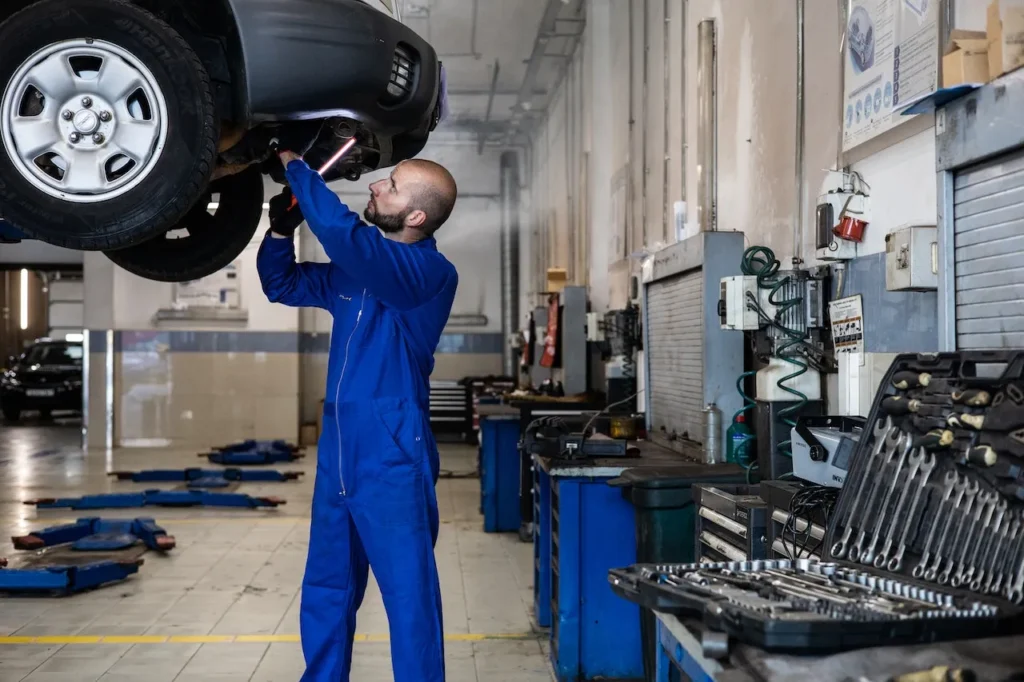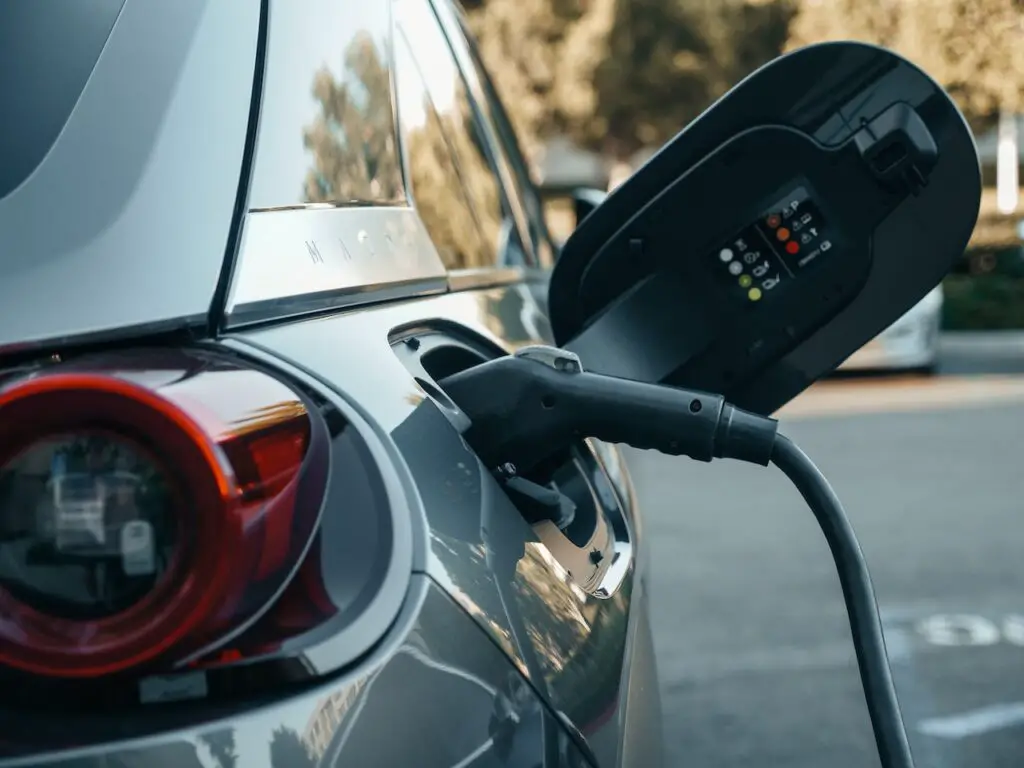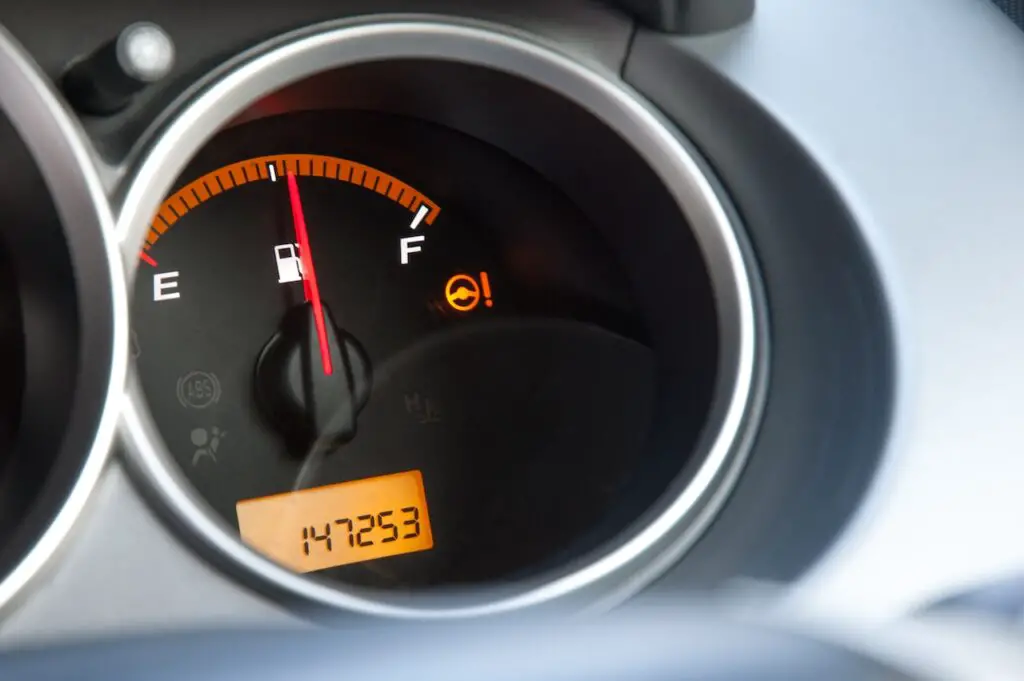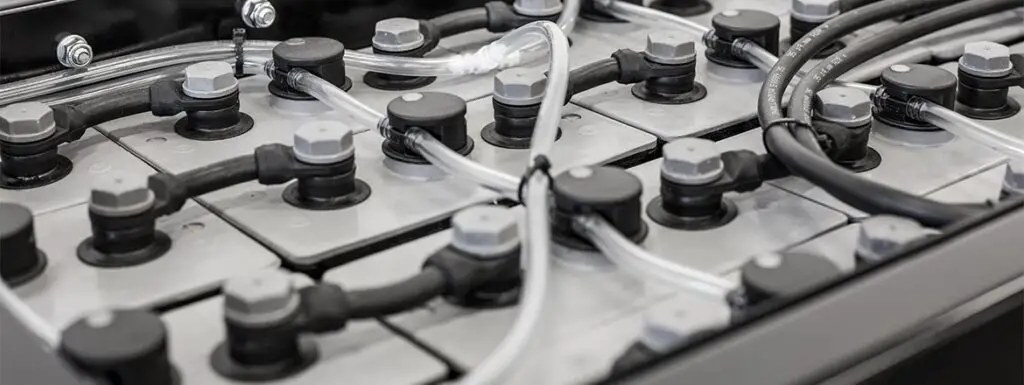As an electric vehicle owner, it’s important to understand the basics of EV maintenance. Unlike traditional gas-powered vehicles, EVs have different maintenance needs that require specialized care. Knowing what to do and when to do it can help you avoid costly repairs and keep your EV running smoothly for years to come.
One of the most important things you can do as an EV owner is to follow the manufacturer’s recommended maintenance schedule. This will typically include tasks such as checking your tires, inspecting your brakes, and changing your air filter. Some manufacturers may also recommend checking your coolant or recharging your system periodically.
Another key aspect of EV maintenance is keeping your battery in good condition. This may involve monitoring your battery’s charge level, avoiding extreme temperatures, and following proper charging procedures. By taking good care of your battery, you can extend its lifespan and ensure that your EV has plenty of power when you need it.

Why EV Maintenance is Important
As an electric vehicle owner, it’s important to understand why maintenance is crucial to the longevity and safety of your car. In this section, we will discuss the importance of EV maintenance and highlight two important sub-sections: Safety First and Preventative Maintenance.
Safety First
One of the most important reasons to keep up with regular maintenance is safety. While electric vehicles are known for their reliability and low maintenance needs, neglecting routine maintenance can lead to safety hazards. For example, failing to replace worn brake pads can lead to a longer stopping distance and increased risk of accidents. Additionally, regular maintenance can identify potential safety issues before they become major problems.
Preventative Maintenance
Regular maintenance can also prevent costly repairs down the road. By keeping up with routine maintenance tasks, you can catch small issues before they turn into major problems. For example, replacing the tires when they are worn can prevent uneven wear and tear on the vehicle’s suspension system.
Another important aspect of preventative maintenance is ensuring that the battery is functioning properly. While electric vehicle batteries are designed to last a long time, they still require regular maintenance to ensure they are functioning optimally. This includes monitoring the battery’s health, charging habits, and ensuring that it is being charged properly.
Overall, regular maintenance is essential to the safety and longevity of your electric vehicle. By staying on top of routine maintenance tasks and addressing issues as they arise, you can keep your car running smoothly for years to come.
Basic Maintenance Tasks
As an EV owner, there are several basic maintenance tasks you should perform to keep your vehicle running smoothly. These tasks include charging and battery maintenance, tire maintenance, brake maintenance, and fluid checks and changes.
Charging and Battery Maintenance
One of the most important maintenance tasks for an EV owner is to keep the battery charged. You should aim to keep your battery charged between 20% and 80% to extend its lifespan. You should also avoid exposing your battery to extreme temperatures, as this can damage the battery.
In addition to charging, you should also perform regular battery maintenance. This includes checking the battery’s state of health and state of charge. You should also inspect the battery for any signs of damage or corrosion.
Tire Maintenance
Proper tire maintenance is essential for both safety and efficiency. You should check your tire pressure regularly and ensure that it is within the recommended range. You should also inspect your tires for any signs of wear or damage, and rotate them every 5,000 to 7,000 miles.
Brake Maintenance
EVs use regenerative braking, which means that the brakes are used less frequently than in traditional gasoline-powered vehicles. However, you should still inspect your brakes regularly and replace the brake pads as needed as the added weight of an EV can add extra load on the braking system when it is needed.
Fluid Checks and Changes
While EVs require less maintenance than traditional vehicles, there are still some fluids that need to be checked and changed. This can include brake fluid, heating system and/or battery coolant, power steering fluid, and windshield washer fluid. You should also check your cabin air filter and replace it as needed.
Advanced Maintenance Tasks
As an EV owner, you should be familiar with basic maintenance tasks such as rotating tires, replacing filters, and flushing fluids. However, there are also more advanced maintenance tasks that you should be aware of to keep your EV running smoothly for years to come.
Motor and Transmission Maintenance
The motor and transmission are critical components of your EV, and proper maintenance is key to ensuring their longevity. Regularly checking and replacing the transmission fluid is important, as well as inspecting the motor’s bearings and brushes for wear and tear. If you notice any unusual noises or vibrations, it’s best to have a professional mechanic take a look.
Some electric motors may also use oil for cooling or lubrication, so make sure these are checked if your vehicle uses them.
Suspension and Steering Maintenance
The suspension and steering systems are responsible for keeping your EV stable and responsive on the road. Regularly inspecting and replacing worn parts such as shocks, struts, and ball joints is important to maintain proper handling and prevent damage to other components. Be sure to also check the power steering fluid level and replace it if necessary.
HVAC System Maintenance
Your EV’s HVAC system is responsible for keeping you comfortable on the road, but it also plays a role in maintaining battery efficiency. Regularly changing the cabin air filter is important to ensure proper airflow and prevent dust and debris from entering the system. You should also have the system inspected and recharged every few years to maintain optimal performance.
Finding a Reliable Mechanic
When it comes to maintaining your electric vehicle, finding a reliable mechanic is crucial. Here are some factors to consider:
Certifications and Experience
Look for a mechanic who is certified to work on electric vehicles. Many manufacturers offer training and certifications for their EV models, so check with the dealership or manufacturer to find a certified mechanic. In addition to certifications, experience is also important. Look for a mechanic who has experience working on electric vehicles and is familiar with the specific make and model of your car.
Reviews and Reputation
Check online reviews and ratings for local mechanics who specialize in electric vehicles. Look for a mechanic with a high rating and positive reviews from other EV owners. You can also ask for recommendations from other EV owners in online forums or local EV clubs. A mechanic with a good reputation is more likely to provide quality work and customer service.
Pricing and Guarantees
Compare pricing and guarantees from different mechanics before making a decision. Some mechanics may offer a warranty or guarantee on their work, which can provide peace of mind. However, be wary of mechanics who offer significantly lower prices than others, as this may be a sign of poor quality work or the use of subpar parts.
Overall, finding a reliable mechanic for your electric vehicle may take some research and effort, but it is well worth it in the long run. A good mechanic can help keep your car running smoothly and extend its lifespan.
Conclusion
Congratulations, you are now an EV owner! You have taken a big step towards reducing your carbon footprint and saving money on gas. As you have learned, EVs require less maintenance than their gas counterparts, but they are not maintenance-free. It is important to follow the manufacturer’s recommended maintenance schedule to keep your EV running smoothly and maintain its warranty.
Regular maintenance items for EVs include tire rotation, brake inspection, and cabin air filter replacement. Additionally, you should keep an eye on your EV’s battery health and charging habits. Make sure to charge your EV at the recommended rate and avoid letting the battery drain too low.
Remember, EVs are still relatively new technology, and there is always more to learn. Stay up to date on the latest EV news and developments, and don’t be afraid to ask for help from your dealership or a trusted mechanic if you have any questions or concerns.




